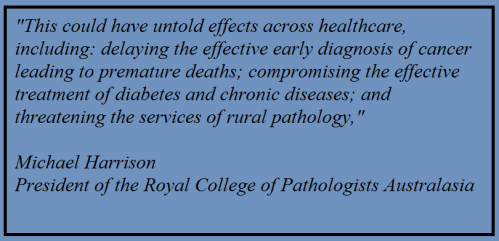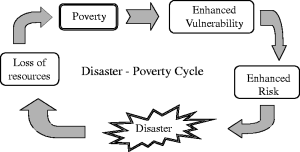Cutting Bulk-Billing Incentives
The Mid-Year Economic and Fiscal Outlook that was released in December has created waves of outrage as Australians realised exactly how $3.7 billion worth of cuts to health, aged and welfare sectors will affect them.
Croaky has a great breakdown of where some of the larger cuts are coming from in their article MYEFO: Making Healthcare More Expensive and Less Accessible for many.
But the one that has garnered a lot of attention, particularly from women, people with disabilities and those living with chronic illnesses, is the $650 million (over four years) that is being gouged from the bulk-billing incentives of pathology, diagnostic imaging and MRIs.
It is worth noting that it is only the incentives that are being cut, not the medicare rebate itself. These incentives are a small “bonus” (up to $3.50 per pathology item, an extra 10% of diagnostic imaging and an extra 15% of MRIs) that is paid to the provider to encourage them to charge exactly the medicare rate, so there is no out of pocket charge to the patient. Whether the incentives have helped to keep many pathology tests available for bulk-billing patients is debatable, but the proportion of bulk-billed diagnostic imaging services increased by 10% when the measures were introduced.
These new cuts have been called “another co-payment by stealth” and are just the latest in the Liberal Government’s efforts to “cut government health funding and pass costs on to patients“.
The question now is who will absorb the cuts and how?
There has been some hopeful talk from the Health Minister’s office about the costs being absorbed by the pathology companies, but these are large, private, multi-national companies with a bottom line to consider. As an example the reduction of the bulk-billing incentive from 10% to 5% for diagnostic imaging is a profit reduction of 4.5% for the company. This is loss of 4.5% every time, on every service, with no reduction in any overheads or any way to make up the money lost unless they pass on the budget cuts and start charging an out-of-pocket fee for some or all services.

I am a chronically ill person. I live on the disability pension, and every year I have many, many tests to check my health. These range from mris to blood tests to urine tests. Even with the current level of funding for medicare I still spend over a thousand dollars each year on my healthcare, and that’s not including the rebate money that I get back from medicare, or the money that my generous parents give me to help cover some of the larger costs.
Good healthcare shouldn’t be a privilege for those with money, it should be available to all. Eroding medicare services is just one more blow to the widening gap between the haves and have nots.
The money is there. We have a very low tax rate, low debt, and are funding ridiculous tax breaks for the super-wealthy and international corporations. This is not an economic decision, just one more ideological choice that shows the isolationist and callous nature of the Liberal Party’s values.
What can you do?
Sign this Change.org petition and show the government that they are not representing the will of the people: Australians want free and comprehensive healthcare to promote good heath among our citizens, to help reduce the financial burden of preventable disease, and most of all to protect our most vulnerable – the chronically ill, the disabled and those living in financial difficulty.
Write this letter to Health Minister Sussan Ley via The Australian Greens. Although it is a women’s issue campaign, they highlight that: The decision to cut funding won’t just affect women – it will affect young people getting STI checks, people with chronic diseases like diabetes, and could mean diseases like cancer aren’t caught as early.
Vote with your feet – join a political party that values healthcare, and write to your local member explaining your choice. Follow these budget cuts as they go through the Senate and make sure your voice counts.
Read this great article from Paloma Brierly Newton, who explains why “the cuts and the costs to women’s health services are not only socially outrageous but also personal.”
 MCS is one of the reasons I have so much fatigue – The
MCS is one of the reasons I have so much fatigue – The 
